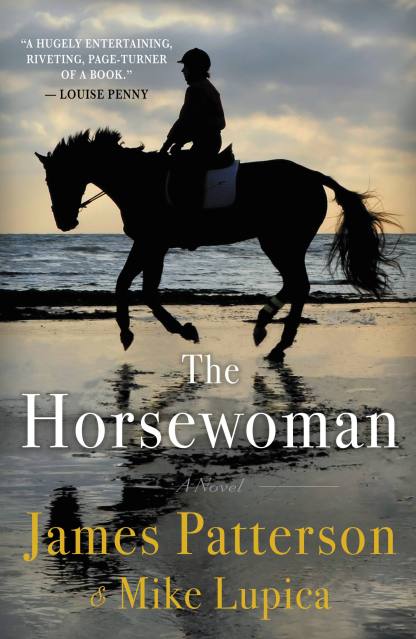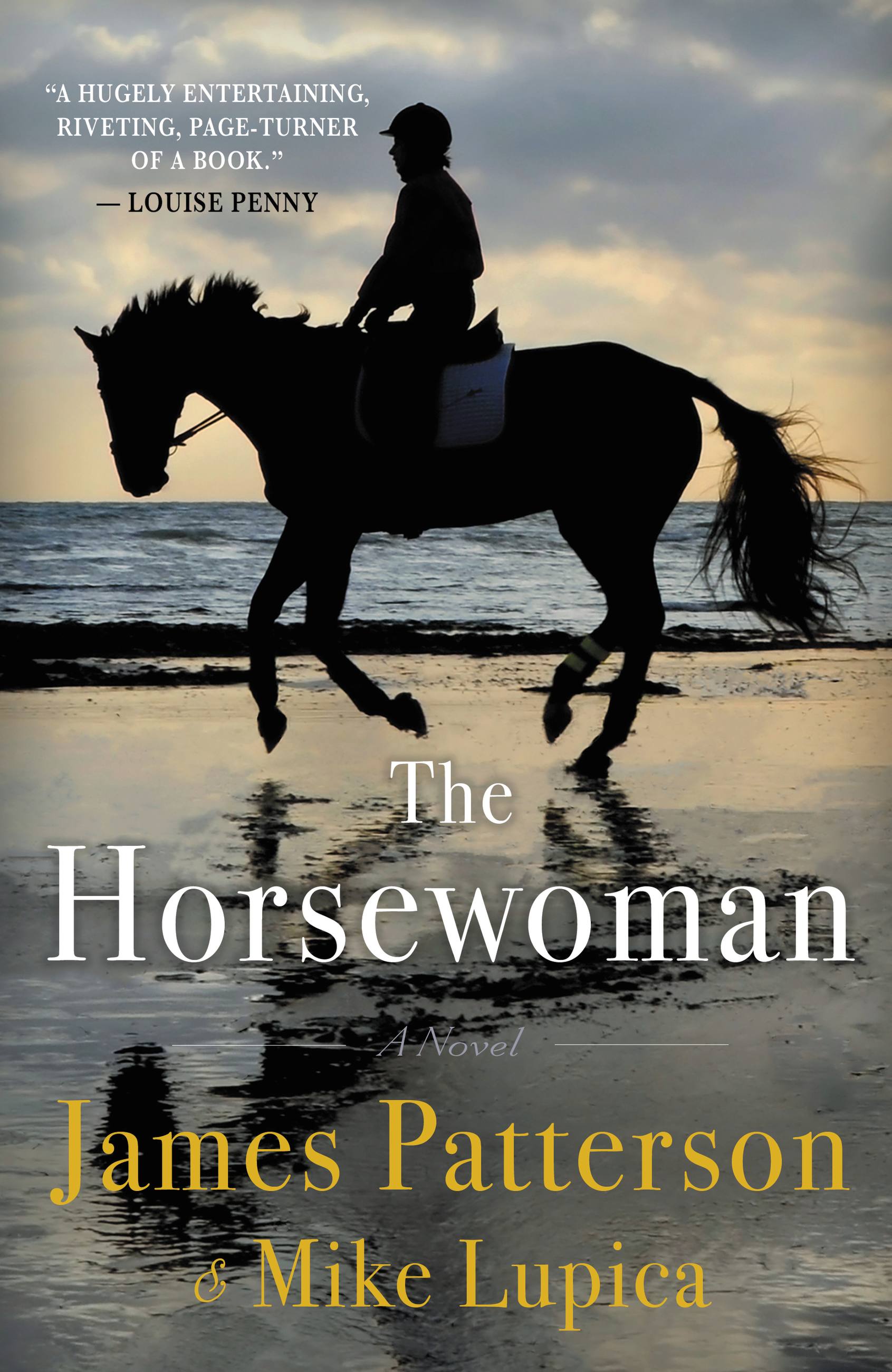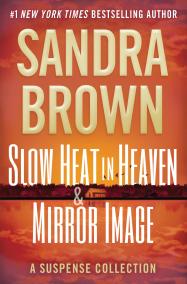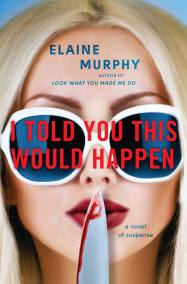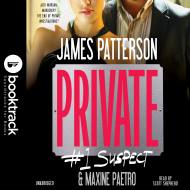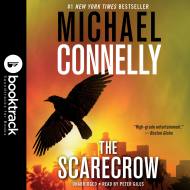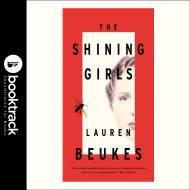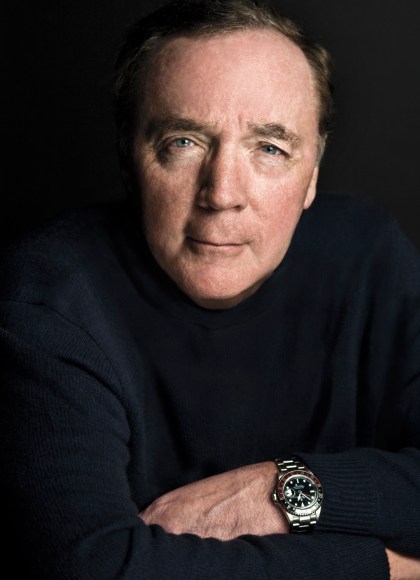Promotion
Use MOM24 for 20% off site wide + free shipping over $45
The Horsewoman
Contributors
By Mike Lupica
Formats and Prices
Price
$28.00Price
$35.00 CADFormat
This item is a preorder. Your payment method will be charged immediately, and the product is expected to ship on or around January 10, 2022. This date is subject to change due to shipping delays beyond our control.
Also available from:
This "hugely entertaining, riveting page-turner" (Louise Penny) follows the complicated relationship between mother and daughter as they face off in the Olympics—and into a ride they can barely control.
Maggie Atwood and Becky McCabe, mother and daughter, both champion riders, vowed to never, ever, go up against one another.Until the tense, harrowing competitions leading to the Paris Olympics.
Mother and daughter share a dream: to be the best horsewoman in the world.
Coronado is Maggie’s horse. An absolutely top-tier Belgian warmblood.
Sky is Becky’s horse. A small, speedy Dutch warmblood.
Only James Patterson could bring you such breakneck speed, hair-raising thrills and spills.
Only hall of fame sportswriter Mike Lupica could make it all so real.
Genre:
-
“Patterson and Lupica manage to get deep into the world of high-level show jumping and also, incredibly for two men, deep into the lives of three generations of strong women. I don’t know what’s more compelling—the white-knuckle descriptions of the horse shows in the lead-up to the Olympics or the tense, complex relationships among the three women. We grow to care deeply about these horsewomen. This is a hugely entertaining, riveting, page-turner of a book. A thrilling and thoughtful read.”Louise Penny, #1 New York Times bestselling author of the Chief Inspector Gamache series
-
“The Horsewoman is more than a thriller--it’s an eye-opening ride through the high-stakes world of equestrian show-jumping. Patterson and Lupica make a great team, writing at a full gallop and with faultless timing of the lives of three fearless women connected by blood, competition, and a passion for fast horses.”Carl Hiaasen, bestselling author of Squeeze Me
- On Sale
- Jan 10, 2022
- Page Count
- 448 pages
- Publisher
- Little, Brown and Company
- ISBN-13
- 9780316499774
By clicking 'Sign Up,' I acknowledge that I have read and agree to Hachette Book Group’s Privacy Policy and Terms of Use
